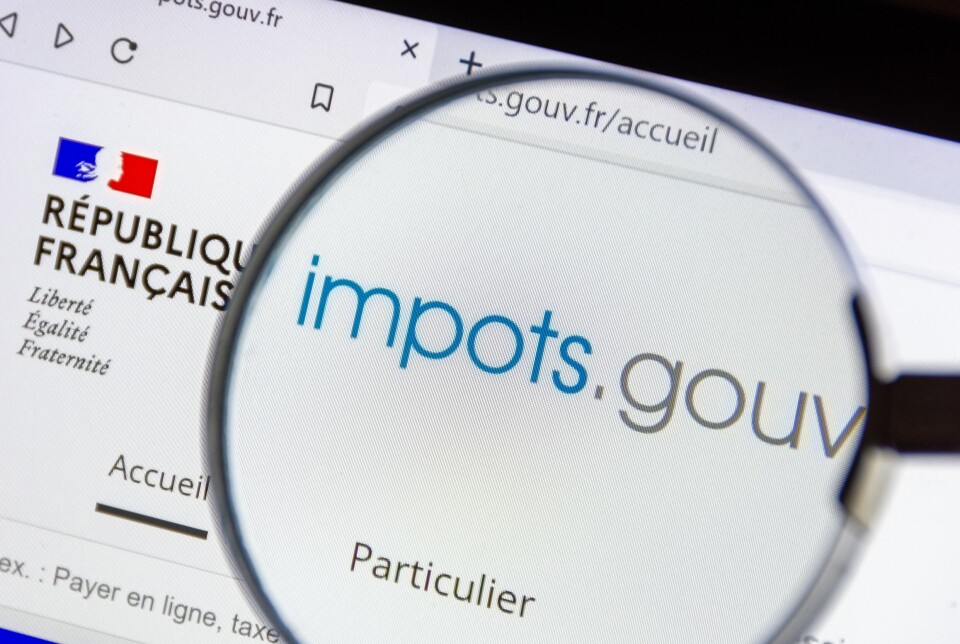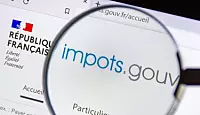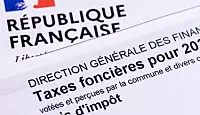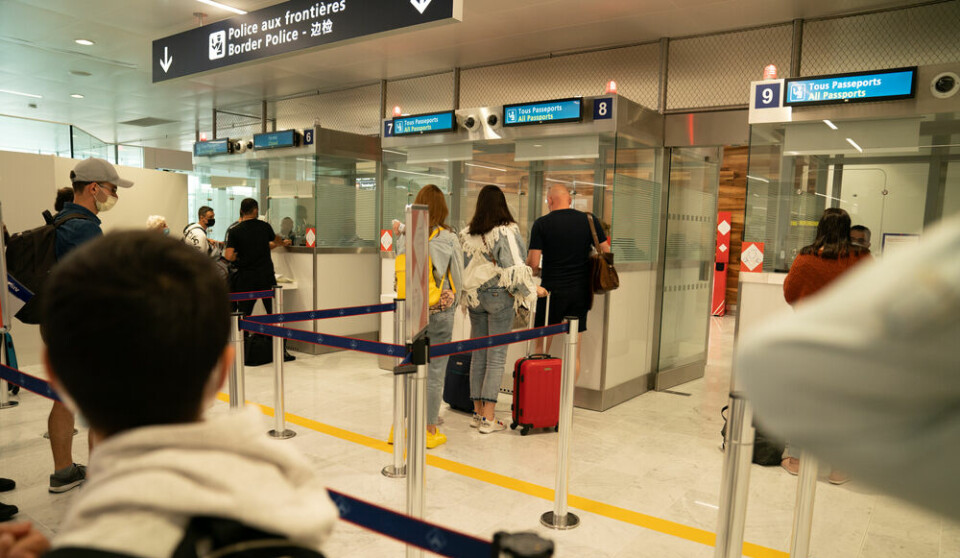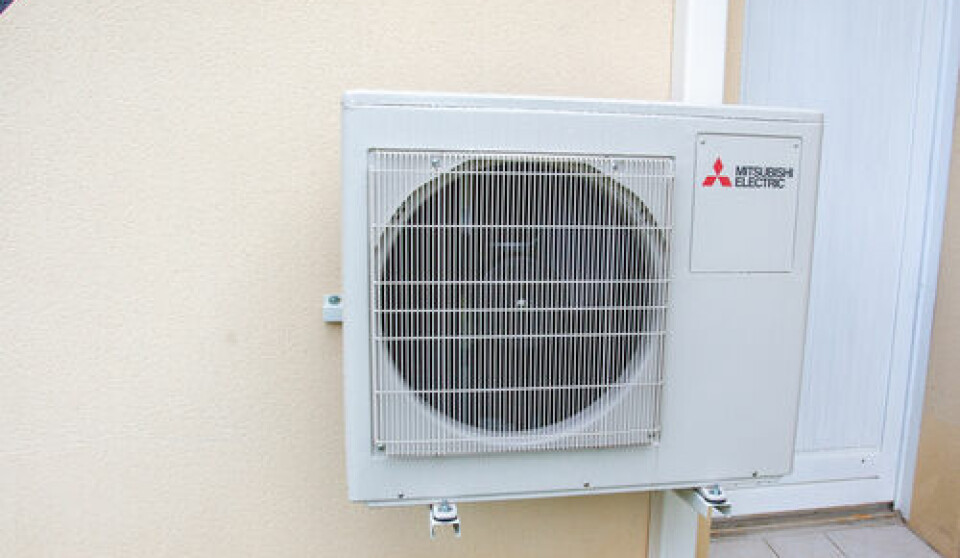Income tax declarations are a familiar task to most French residents however it is easy for foreign people to make mistakes with regard to these responsibilities.
Here we round up key points you should be aware of if you live in France.
Note that non-residents with certain kinds of income deriving from France - rental income is the most common - are also required to declare this to France and a special tax service for non-residents is their contact point.
Not realising that you must make a declaration
Some foreign people who move to France either do not realise that they need to make an income declaration or think they can choose to declare their income only to their country of origin.
The rule is that from day one of being a French tax resident, any income you receive becomes declarable to France.
That means you must declare it as part of an annual French tax return, which is completed in April to June of the calendar year after the year in which the income is received.
The only small exception to this is people who have declared in the past and have very simple tax affairs, and who may declare tacitly (with no action on their part) if they agree with summary information that the tax office sends them about their known incomes in the year. This does not apply to people with any foreign income.
If you are unsure if you are a French tax resident, several tests can come into play.
However, generally speaking, if you have ‘moved to France’ and made it your main home, you became a French tax resident from the day you arrived and you should declare to France income received from that day up to December 31 of the same year, in the following spring.
Read more: What are the deadlines for French tax returns in 2024?
Assuming you will be told what to do
You cannot assume that the tax office will send out forms to you and tell you what to do; tax declarations are your responsibility.
In your first year of having French income to declare, you can either declare on paper forms, or online.
To find blank paper forms, you can use the search box at impots.gouv.fr – a link to the form will appear to the right-hand of your screen. Forms for declaring 2023 income in 2024, should say millésime 2024 at the top (the 2024 ‘vintage’).
The main form is called '2042', but there are several annexes that you may need, depending on your situation.
To declare online you will have to have set yourself up with an account at impots.gouv.fr.
One option for this is to use the FranceConnect service, with a user ID and password from an online account with a partner body, such as Ameli, La Poste, Mobile Connect et moi, Mutualité Sociale Agricole or Yris (for the latter, you just need to own a smartphone).
Click Votre espace particulier then S’identifier avec FranceConnect for further steps.
Read more: What is the ‘FranceConnect’ button used for on websites?
The Connexion was previously told that using this is only possible if you have worked in France or been in its health system. If you obtain an error message you may need, instead, to follow the instructions below.
If you have a French numéro fiscal tax number, eg. because you pay local property taxes, you already have part of the information required to create a personal space but need further permissions.
Residents should contact their tax office with proof of address, such as a recent utility bill, and ID (ie. their passport). They will be sent an email to connect to their space with their fiscal number and birth date.
Your local tax office is known as the service des impôts des particuliers (‘taxes service for members of the public’). You can find its details, as well as other sources of help such as branches of France Services, at this link.
The latter are local centres which can help with various paperwork and online admin tasks.
Forgetting to declare overseas income
If you live in France but have income from overseas this all needs to be declared as part of your French income return.
This is not necessarily for it to be taxed again, but France needs the overall picture of your worldwide income.
Income from sources overseas, or received into overseas bank accounts, is declarable on an online or paper form called 2047. Income on this form should also be carried over into the same boxes on the main part of the declaration.
There will probably be a button to reporter (carry over) but you should check this has been done before you sign off the declaration at the end of the whole process.
Note that there are special sections for declaring income which, under double tax treaties, gives rise to tax credits to avoid double taxation.
Not declaring overseas bank accounts
Residents of France must declare the existence of all bank accounts owned outside France, whether used in the tax year or not, including any foreign online accounts or ‘neo-bank’ accounts.
This includes accounts opened, closed, or available for your use in the relevant tax year.
The online or paper form for declaring these is called the 3916-3916 bis (it also relates to investment policies and cryptocurrency accounts).
Online, you should select Comptes à l’étranger under Divers in the rubriques (sections) that you are asked to select from at the start of your declaration.
You also need to select the form on the Déclarations annexes button in the early stages of the process if it is not presented to you automatically (a link to it should appear to the left of the screen when it is presented).
You will be asked for details such as the international bank account number (Iban) for the account and the address of the bank where it is held.
This is separate to the requirement to declare incomes received into it.
Read more: 8 reasons why the French tax authorities might check your finances
Not declaring being dependent on a foreign health regime
If you live in France but your healthcare is paid for by the UK or an EU/EEA country or Switzerland, via the S1 form system, you can benefit from low social charges on any investment and property incomes, including property capital gains (this latter point also applies to non-residents who live in these countries).
The rate is 7.5% instead of 17.2%.
This rule was confirmed by a decision of the European Court of Justice several years ago and is because France’s social charges, notably CSG and CRDS, go to help to fund the French social security system, including healthcare.
The UK still qualifies, because of dispositions in the two main Brexit deals.
To confirm that this applies to you, you should select box 8SH/8SI.
